by Mike Telin
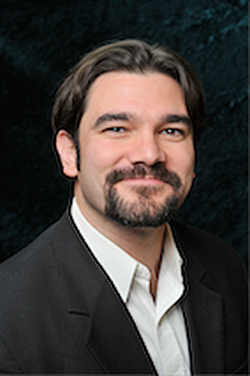
New to the festival was the incorporation of an American Futures Residency, which brought composers Jake Heggie and Griffin Candey, and soprano Ann Moss to the BW campus to work and collaborate with conservatory students. All Festival activities were free and open to the public.
While the 2019 edition brought the most expansive agenda of workshops, performances, and talk-back sessions to date, at its heart, {NOW} was about the development and ultimately the premiere of new opera by way of Griffin Candey’s The House of Bernarda Alba with libretto by Obie Award-winner Caridad Svich.
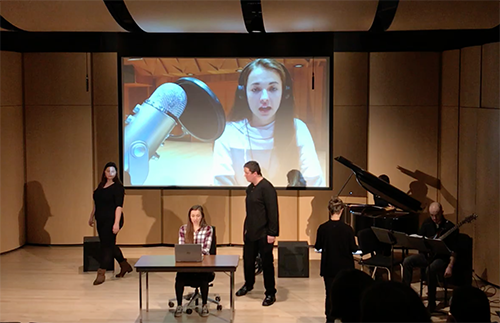
In an interview with ClevelandClassical.com Candey said that having four years to develop the opera is “really luxurious.” He added that he appreciates Cleveland Opera Theater’s focus on the development of the libretto. He pointed out that “one of the issues with new opera is not that the music is bad, but that the librettos have a lot of clunky moments where things don’t flow or gel in the story. It’s nice having the extra time to read the source materials and ask people what characters they connect with.”
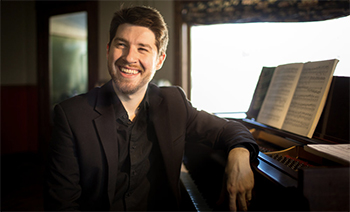
What I heard on Friday, February 8 in Gamble Auditorium was riveting. Candey is a natural at composing for the voice — the libretto is both in English and Spanish. The opening chorus, a Requiem, was beautiful. In Act II Scene I, the conversation between the four daughters was truly touching. Candey’s music for the title character makes her a force to be reckoned with, and mezzo-soprano Nancy Maultsby played her to the hilt.
It’s always difficult to imagine what the music will sound like once orchestrated, but Candey told the audience during a talk-back-session that he’s planning on writing for a Britten chamber ensemble à la The Turn of the Screw.
In addition to Maultsby, the all-female cast included Joanne Uniatowski (LaPoncia), Anissa Clay (Adela), Sabina Balsamo (Angiustas), Sarah Antell (Martirio), Olivia Beal (Amelia), Ciara Newman (Magdalena), Nanette Canfield (María Josefa) and Kailyn Martino (Kitchen Maid).
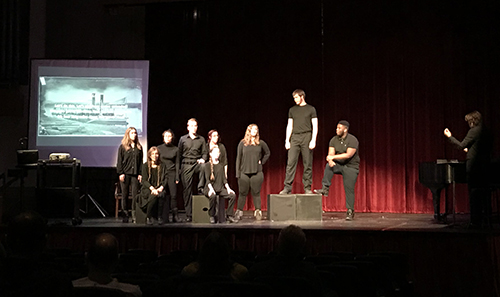
The opera is inspired by Sonntag’s personal experience as a three-time participant in the Alaska Geographic field course, where she joined eight other composers in Denali National Park.
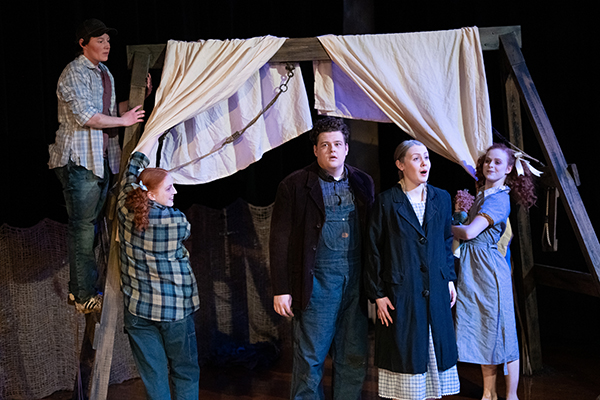
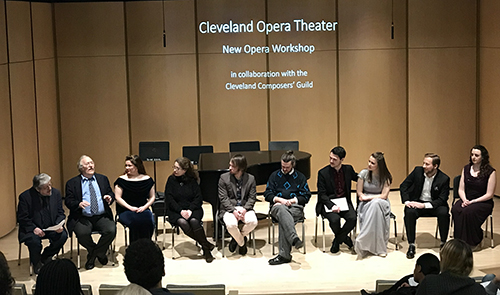

The inclusion of an American Futures Residency provided audiences with the terrific opportunity to hear some spectacular performances of Art Song. Although Jake Heggie is widely known for his operas such as Dead Man Walking and Moby-Dick, he is equally skillful at composing for that more intimate artform. And the terrific soprano Ann Moss proved herself to be an insightful interpreter of his music.
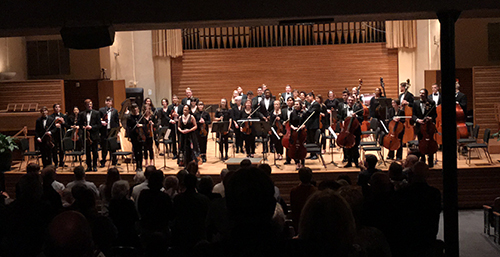
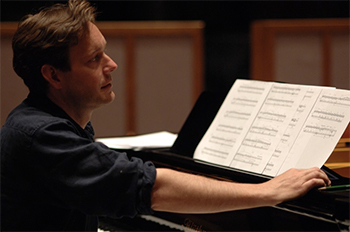
Ann Moss dramatically evoked the serenity of “Silence,” and the playfulness of “I’m nobody! Who are You?” She appropriately laughed in “Fame,” and found melancholy in “That I did always love.” “Goodnight” brought the lovely premiere to a close. Throughout Han and his players were impressive collaborates.
Prior to the concert, Cleveland Opera Theater launched its LGBTQ affinity group with a reception sponsored by PRIZM magazine.
The following evening’s activities began with a memorable recital by Moss with Heggie at the piano.
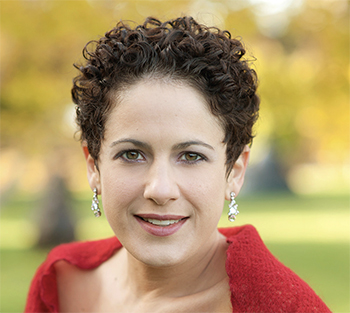
Candey’s reflective side was revealed during two excerpts from Hard Stones, set to the words of Boston-based poet Lisa DeSiro. Written to commemorate the 5th anniversary of the Boston Marathon bombings, “Lockdown” and “Boston Strong,” provide a range of emotions, which Moss delivered with dramatic pathos.
It not often that we get to hear vocalists perform unaccompanied works, but doing so is one of Moss’s new adventures. Singing with a full palette of colors, dynamics, and sounds, her performance of Vartan Aghababian’s An Amethyst Remembrance (2003), set to the poetry of Dickinson, was stunning.
Moss brought a full range of emotions to the world premiere of David Howell’s …What’s happening (2018) for unaccompanied coloratura soprano. Moss described the work as an aural depiction of anxiety, and she brilliantly produced a series of sounds from haunting to screeching to a panic attack from the point of view of a person with autism, until the work’s final words ‘Am I OK,’ bring the journey to conclusion.
Heggie’s From “The Book of Nightmares” (2013) for voice, cello, and piano, brought the hour-long recital to a close. Set to texts by U.S. poet laureate Galway Kinnell, Heggie’s music brings each of the four poems to life. Once again, Moss and Heggie performed with aplomb as did cellist Faith Rohde, who made easy work of her often thorny lines.
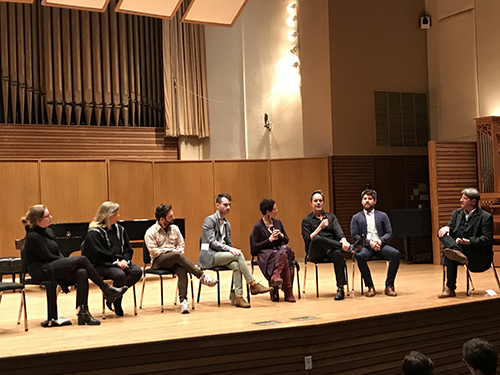
It takes time for a festival like {NOW}, which focuses as much on the process of creating opera as it does on performances, to find its footing. This year marked a major step forward.
Published on ClevelandClassical.com February 26, 2019.
Click here for a printable copy of this article


